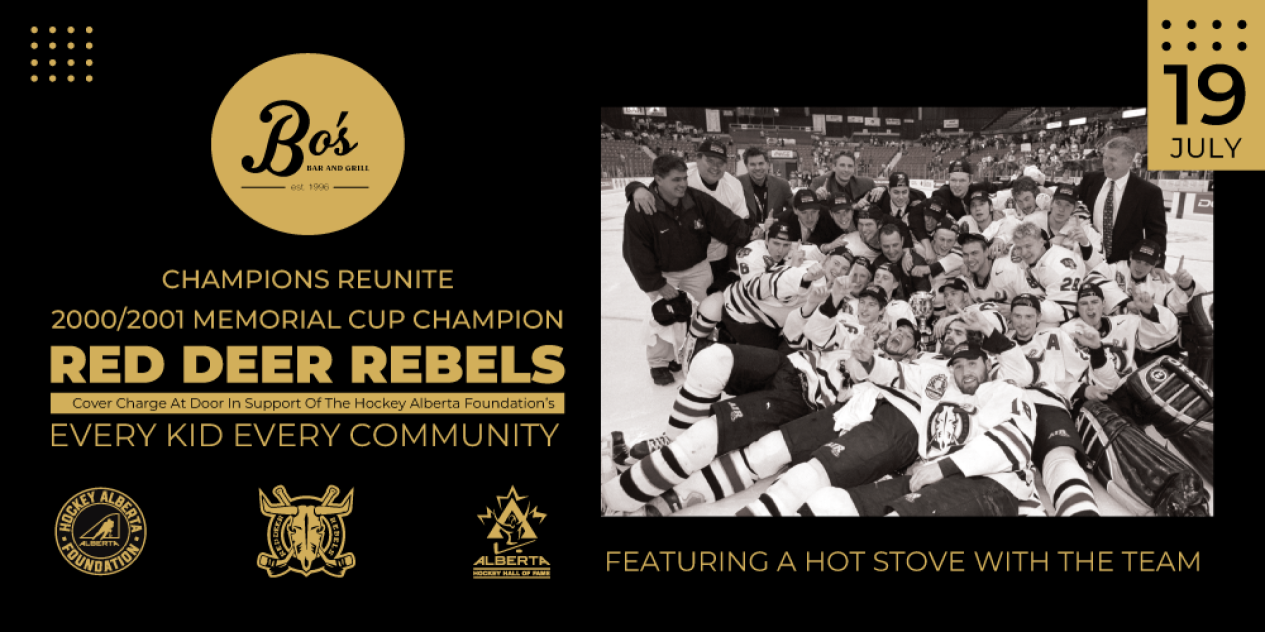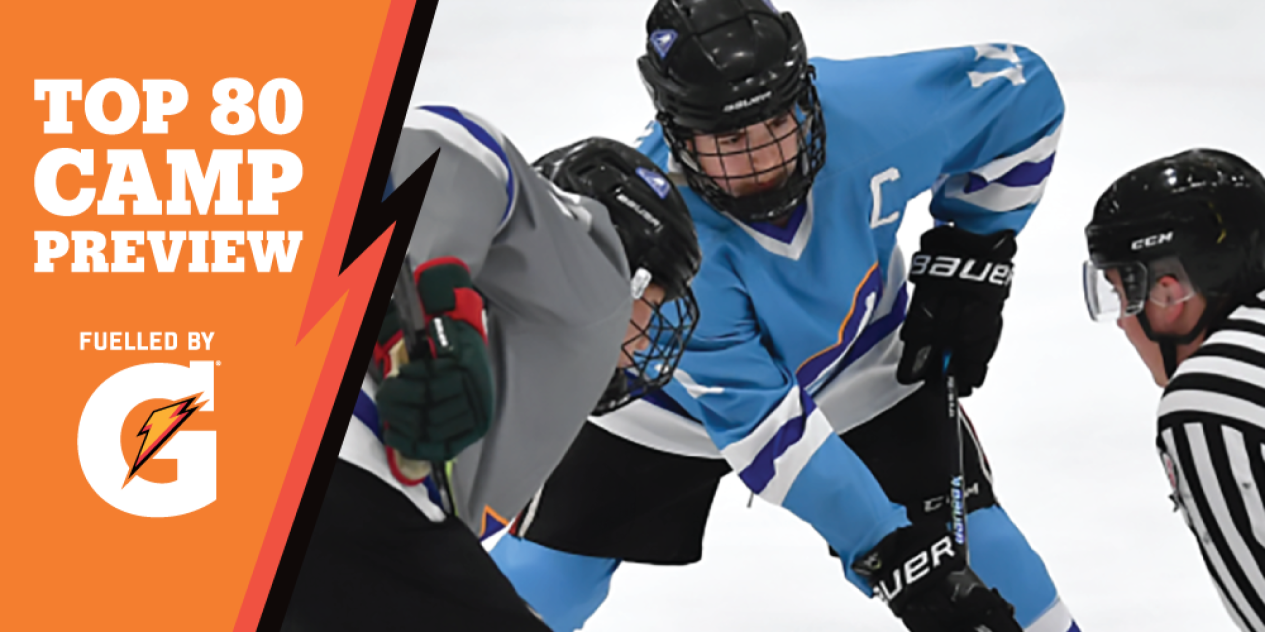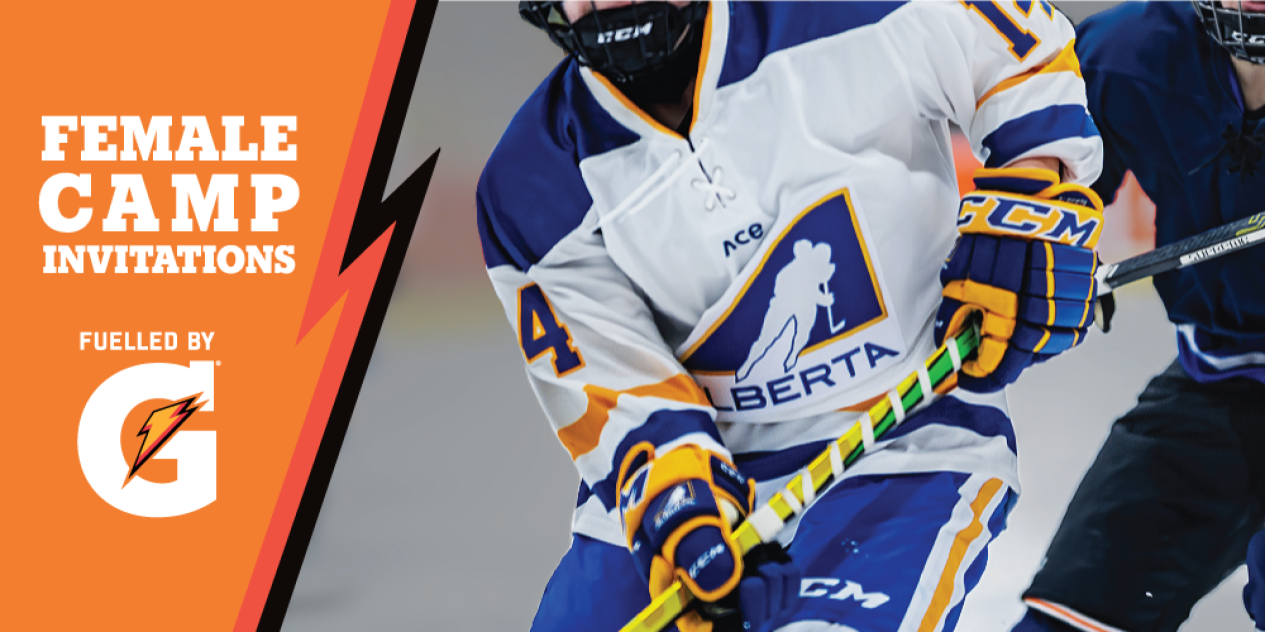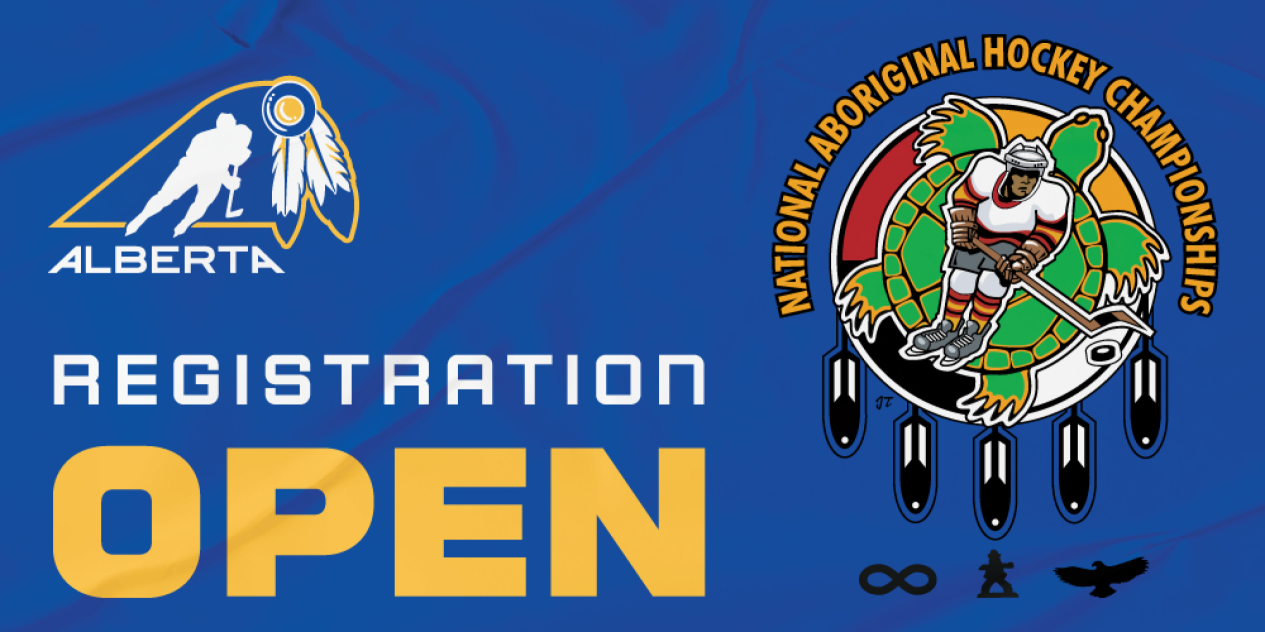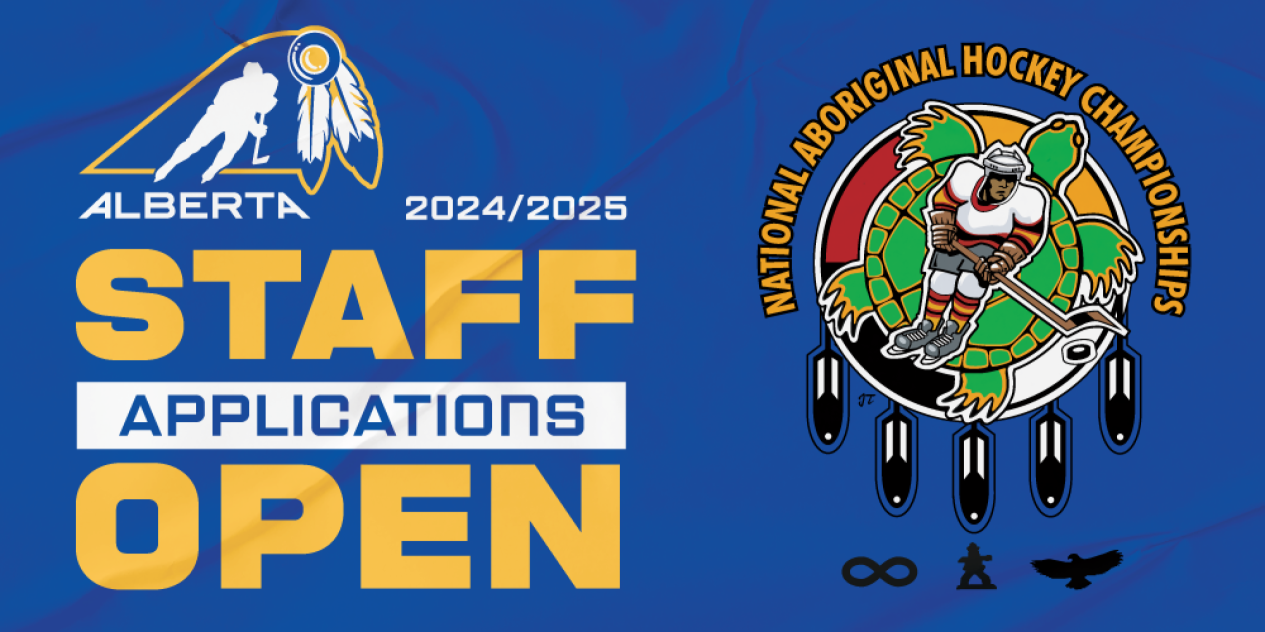In celebration of Pride Month, Hockey Alberta is proud to share stories from across the province’s hockey community.
If you can play, you can play.
The Calgary Inclusive Hockey Association was formed to create a local hockey organization and social environment with a focus on LGBTQ equality in sport.
The Calgary Pioneers have been playing in the WinSport Hockey Canada League (WHCL) since 2015. They added a second team, the Villagers, in 2017 and are now CIHA’s beginners’ team.
“It’s a space primarily for 2SLGBTQIA+ people to be part of a hockey organization where they can be themselves and be celebrated for that and feel comfortable being who they are in the dressing room, on the ice and around the rink without that fear of discrimination,” said Jason Finnan, President of the Calgary Inclusive Hockey Association. “We create that safe space for them, where they can be exactly who they are, and we’ll support them and create a space for them to enjoy hockey because it’s our national sport and so many Canadians love it.”
Finnan said the association has seen a big uptick in new players over the last year and a half.
“We’ve seen more people join. Specifically trans players, that didn’t feel like they had a space to go and play hockey,” Finnan said. “They didn’t feel like a men’s league was right for them, didn’t feel like a women’s league was right for them either. So, we happily accepted them into our group and are making sure they feel welcome and safe.”
The growth over the past two years is a microcosm of what the association has seen in registration since it began nearly a decade ago. For the first time, CIHA was able to ice a third team last season.
“We’ve bumped up from 20 members to 40 and over the last couple years we’ve been right at the cut off to get a third team, which we were finally able to get last year and have our first season with three teams,” Finnan said. “We have two teams that are beginner and intermediate, and then we have the Pioneers which is our longest standing team and is a little more advanced. We’re currently sitting at 70 members, and we split them between the three teams. We’ve grown a lot in diversity, and I think we’re stronger because of that.”
The CIHA wants people to know that everyone is welcome to join their teams regardless of race or sexual orientation.
“That message of inclusivity goes beyond gender identity or sexual orientation because there are people of other races that may not feel comfortable in the sport, especially if they’re queer as well. It’s a whole other added layer for them” Finnan said. “So, we really try to spread that positive message that everyone is welcome and to feel the best they can in a hockey setting.”
New to the association this past year is the scholarship program. To try and help offset the costs that come with playing hockey, applicants are invited to apply for subsidy between 15 and 50 percent of their yearly hockey fees.
“We got a donation from the NHL when Luke Prokop came out a few years ago,” Finnan said. “So, we used that donation money for our scholarship program to break down that financial barrier for people to get in and play if money is a concern. It’s been a big initiative to take on, but if it gives more people the chance to play our great game, then it is more than worth it.
Prokop, who hails from Edmonton, was drafted by the Nashville Predators in the 2020 NHL Draft. He made pro sports history becoming the first openly gay player under NHL contract. Prokop has spent parts of the past two seasons in the Predators farm system but has yet to suit up in NHL regular season action. Finnan is hoping that there is soon going to be more representation at the professional level, specifically in the NHL.
“I think when we see professional players speak up about these issues or even come out to be their authentic self, I think that really inspires everyone else to feel more comfortable,” Finnan said. “We haven’t really seen any representation currently in the NHL of any openly gay players so I think that would be a massive change to help bridge that gap of homophobia. Even if they’re just allies, it would be helpful for our community and making people feel a little safer and a little less scared.”























 Lifetime Achievement Award
Lifetime Achievement Award
 Darren Gnam (Fairview) of the Fairview U15 Falcons has been named Hockey Alberta’s Coach of the Year. Gnam had a significant positive impact on his players, taking the time to teach them the skills necessary to become comfortable, capable and confident with their transition into body contact. Gnam structures practices to ensure everyone has fun while learning the skills of the game, which created an environment that kept athletes involved in the sport.
Darren Gnam (Fairview) of the Fairview U15 Falcons has been named Hockey Alberta’s Coach of the Year. Gnam had a significant positive impact on his players, taking the time to teach them the skills necessary to become comfortable, capable and confident with their transition into body contact. Gnam structures practices to ensure everyone has fun while learning the skills of the game, which created an environment that kept athletes involved in the sport.
 Official of the Year
Official of the Year Provincial Championship Exceptional Host Site Award
Provincial Championship Exceptional Host Site Award
 Order of Merit - Administration
Order of Merit - Administration Order of Merit - Administration
Order of Merit - Administration Order of Merit - Development
Order of Merit - Development


